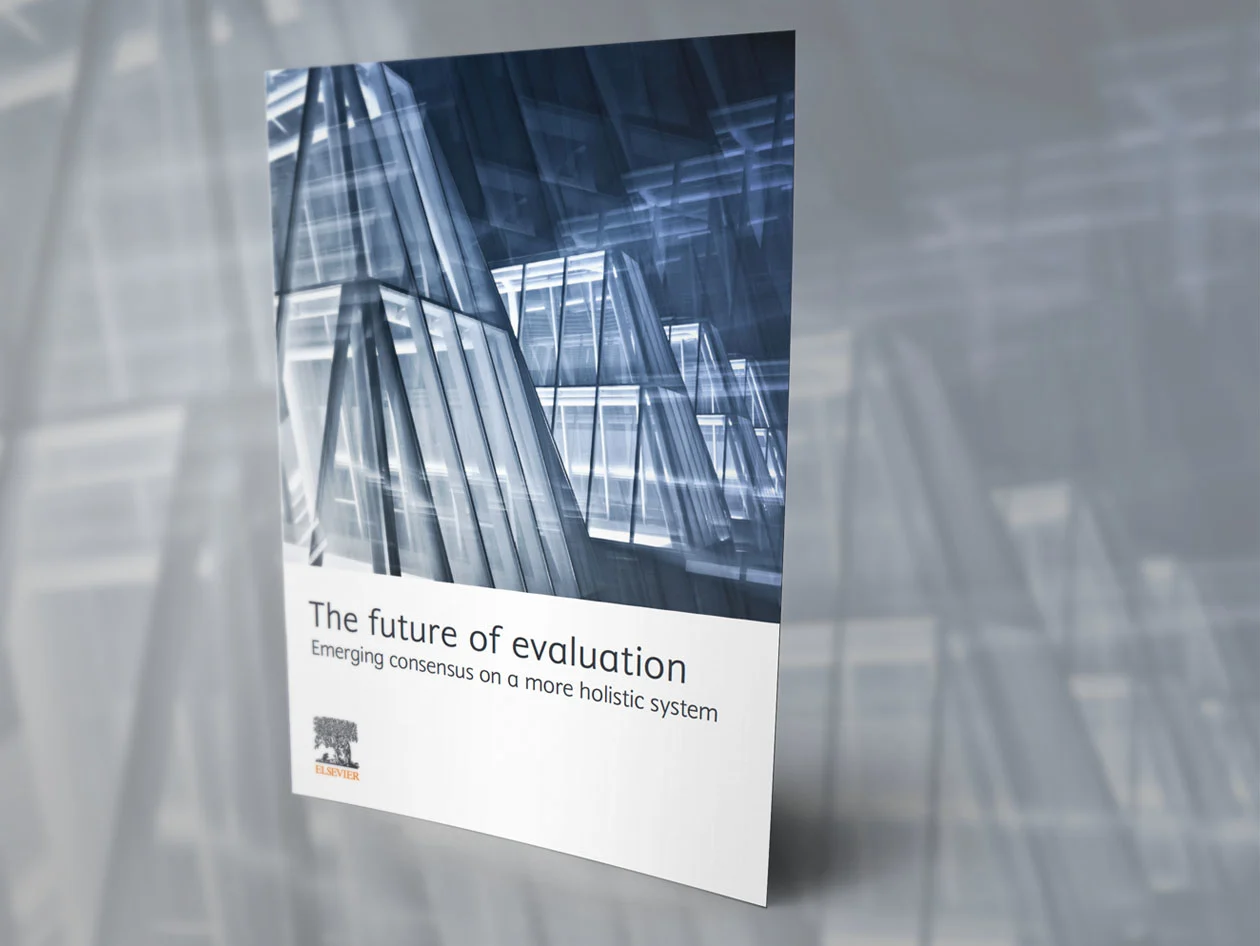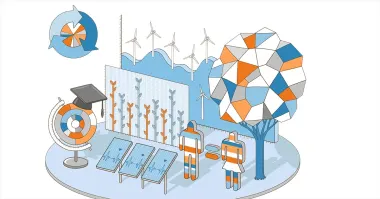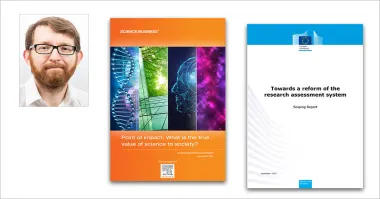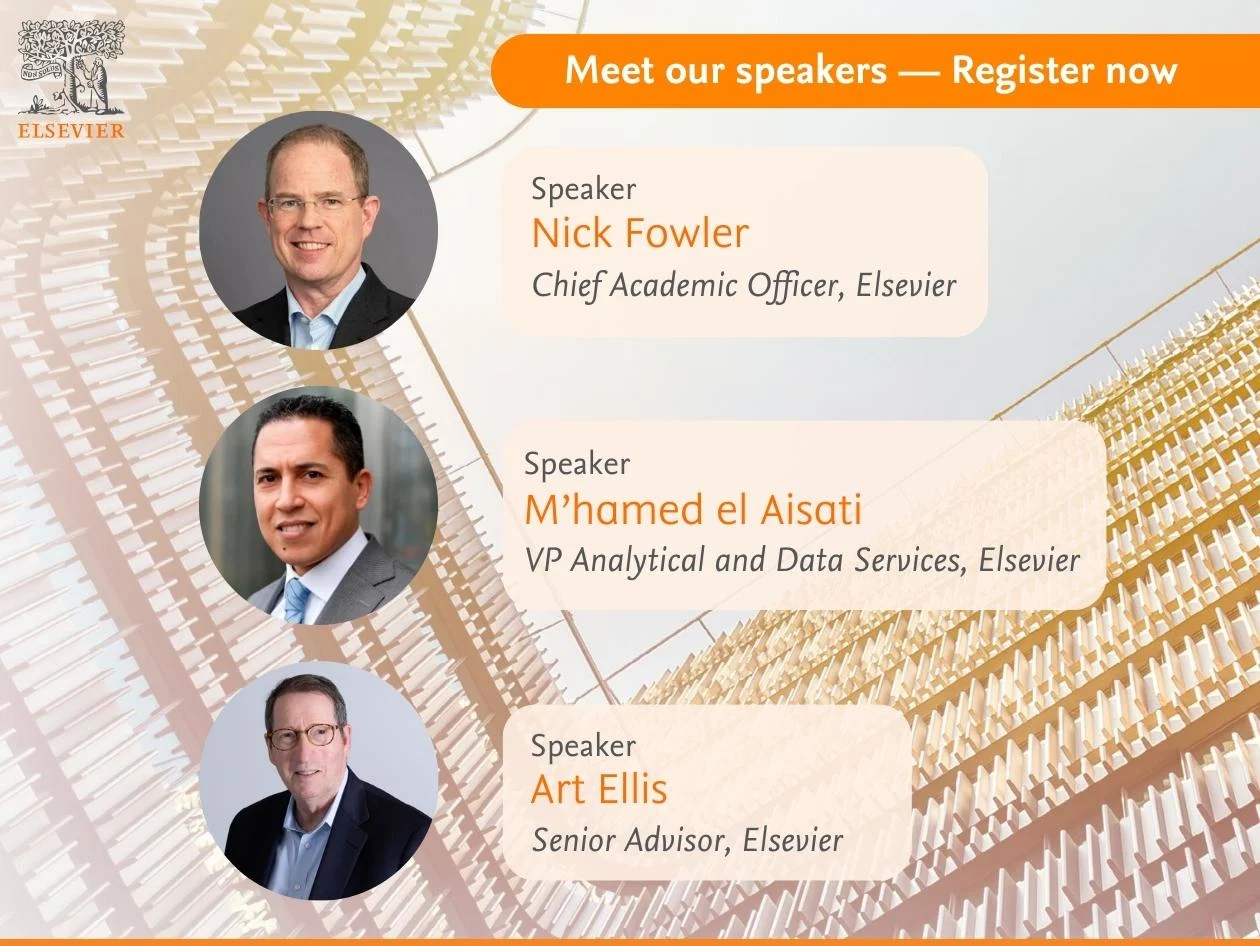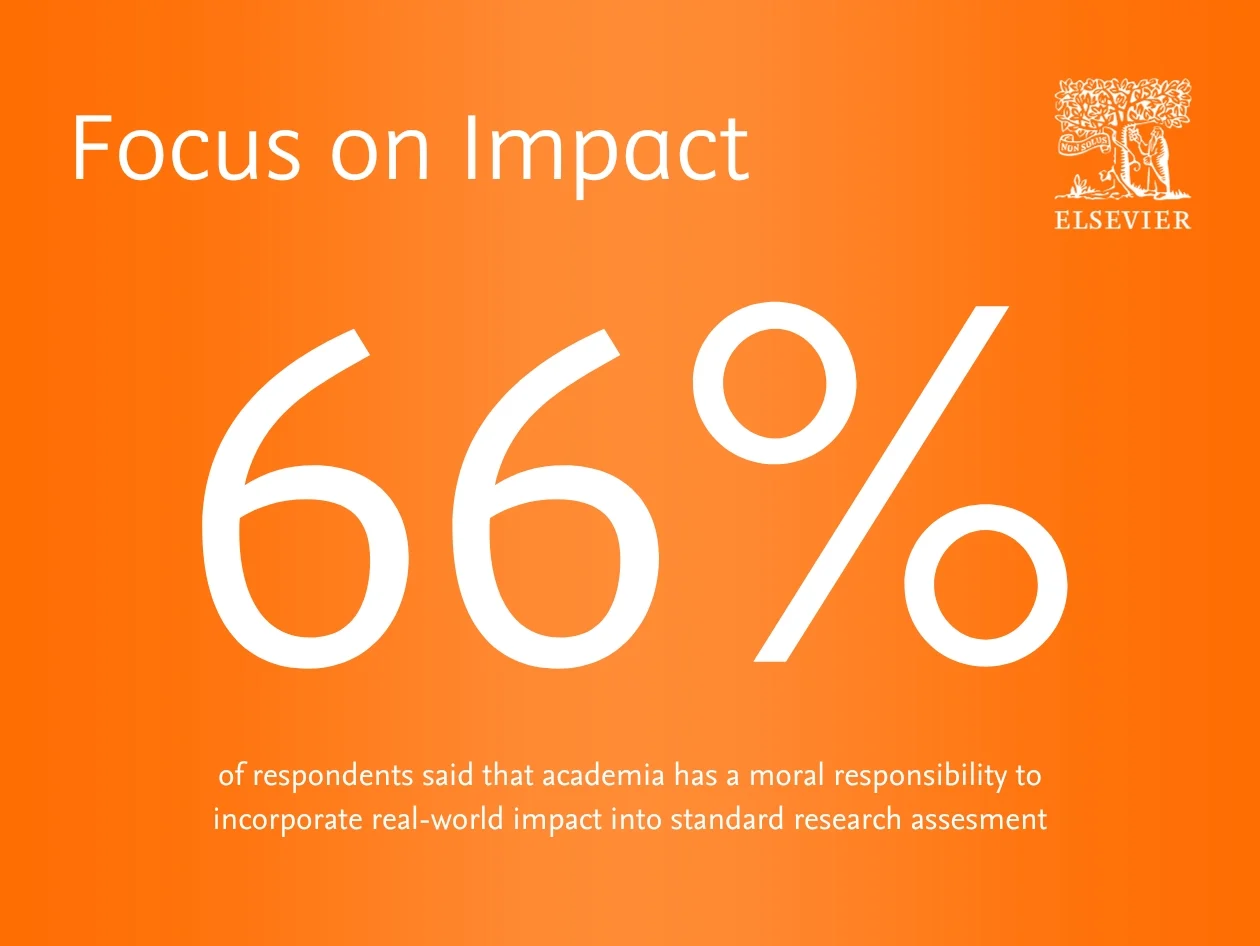Back to Earth
Exploring academia’s desire to demonstrate the real-world impact of research and set a trajectory for more holistic evaluation, Back to Earth: Landing real-world impact in academic evaluation examines progress to date, barriers to change, and potential next steps.
Gain insights into the perspectives of 400 surveyed academic leaders, funders and researchers on the importance of impact in research evaluation and and how the academic community must work together to evolve current systems.


